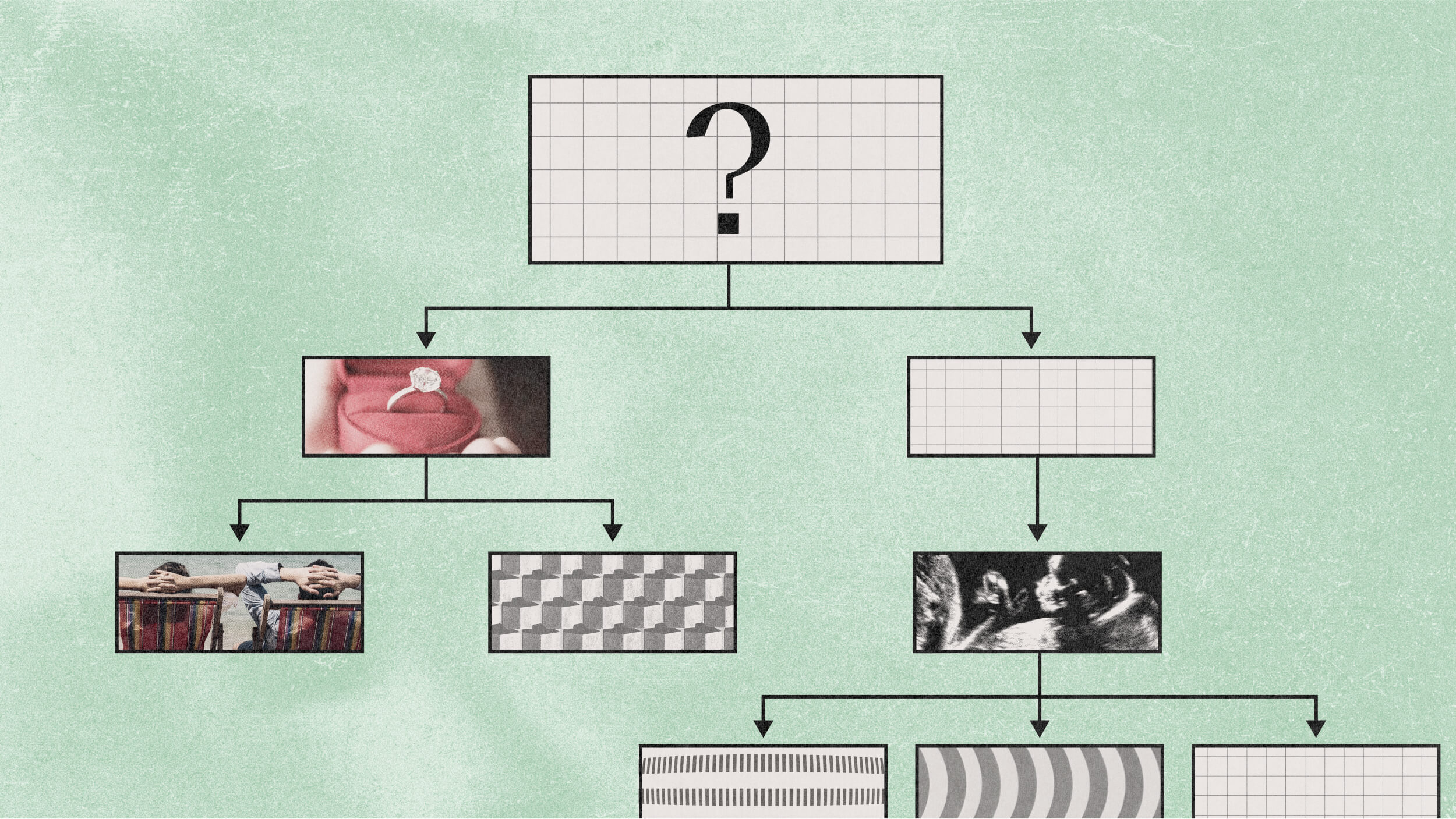Anxiety and depression can affect your learning ability

- A new study confirms that anxiety and depression can lead to difficulties in analyzing data.
- Test subjects with symptoms of those conditions were slower to realize that changes in the game they were played occured.
- The study is not the last word on the topic, but its findings will prompt further investigations.
Uncertainty is a fact of life that can often impede our ability to make decisions. While everybody knows what it’s like to make the wrong choice based on incomplete data, a new study suggests that people with anxiety and depression have a particularly rough go of it. On a more positive note, it also points to ways to narrow the gap between those with these issues and everybody else.
In two separate experiments, researchers at UC Berkeley had participants play games for cash prizes.
The first involved test subjects playing a game, with correct answers being awarded a prize. A wrong answer would lead to a mild electric shock, euphemistically deemed “stimulation” in the study. Participants had to select either a circle or a square, with the correct answer sometimes being predictable but always subject to change. Players showing symptoms of depression or anxiety had a more difficult time than others in keeping track of the changes.
In the second, players remotely played a similar game without the risk of electric shock. Wrong answers resulted in a loss of prizes. Again, those test subjects reporting anxiety or depression symptoms had a more difficult time keeping up as the conditions of the game changed compared to their peers without those symptoms.
The findings are in line with several previous studies, including one involving some of the same authors, suggesting that anxiety disorders impact people’s ability to predict future events using past data. The thought is that an excessive focus on previous failures prevents people from using data on changing conditions as effectively as possible.
The study also provides new evidence that people with depressive symptoms have similar difficulties in decision making as those with anxiety symptoms. Previous research had suggested the two conditions impacted decision making differently, with the ability to focus on gaining rewards or avoiding pain being affected differently.
Senior author Sonia Bishop explained the findings to Berkeley News:
“When everything keeps changing rapidly, and you get a bad outcome from a decision you make, you might fixate on what you did wrong, which is often the case with clinically anxious or depressed people. Conversely, emotionally resilient people tend to focus on what gave them a good outcome, and in many real-world situations that might be key to learning to make good decisions.”
These findings also point towards treatment options. Techniques, such as those promoted by cognitive behavioral therapy, which help people focus on previous successes rather than failures, can help improve symptoms of various conditions and, by the implications of this study, decision-making ability.
The limited size of the study and its new findings mean that further investigations will have to take place before these ideas will be widely accepted. However, even the attempt to confirm or deny them will help advance our understanding of these conditions, how we learn, and the human brain in general. As the number of people with symptoms of anxiety and depression increase, these advances can come none too soon.





